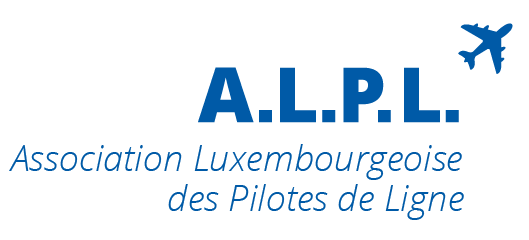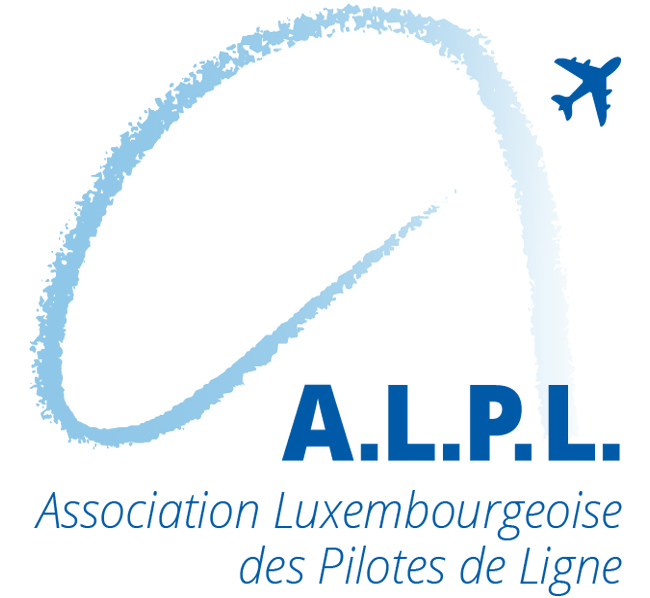On 13 March 2017 the ALPL together with the European Cockpit Association (ECA) and the London School of Economics and Politics (LSE) invited the media to a press conference presenting the results of the hitherto most comprehensive study on safety culture amongst European pilots.

This study was independently conducted by the London School of Economics and Politics (LSE) in cooperation with EUROCONTROL under the European Commission’s Future Sky Safety Program, reveals that pilots of cargo and low cost airlines consider their companies to be much more lacking in terms of safety culture than pilots flying for classic network carriers. A closer look at the results suggests the significance of this study for Luxembourg in particular.
More than 7,000 European pilots took part in this study. Of these, 222 stated they were based in Luxembourg. Although no names of particular employers were recorded, this is a clear indication that they are, in fact, employed by Luxembourg airlines. 222 pilots are more than 33% of all pilots employed by Luxembourg airlines in total. Percentage wise, this is notably the highest number of participants from all participating European countries. Moreover, data suggest that more than 70% of the pilots employed in Luxembourg are employed by cargo airlines.
For the study, 11 dimensions of safety culture in aviation were defined. The results show that European aviation has a generally good safety culture – but the study also reveals a series of disquieting results.
Generally, significant differences can be identified in the assessment of the safety culture in relation to the type of airline and the type of employment contracts by – and under which pilots are employed: Pilots of cargo or low-cost companies assess the safety culture of their companies significantly worse than pilots that do fly for network airlines.
It is quite significant that the following five of all eleven surveyed elements achieve the lowest scores in Luxembourg when compared to all other countries: Management commitment to safety, “Just Culture” and reporting morale, equipment – including staffing levels – and fatigue.
One of the most striking results of the study – independent of the airline or its employment practices – is that 58% of all participants indicate that they feel sometimes tired whilst flying. A closer look reveals that the number of fatigued pilots in cargo airlines (83%) and in low-cost airlines (76%) significantly exceeds the industry-wide average. In addition, more than 50% of partaking pilots believe that the problem of fatigue is not addressed by their airlines the way it should be. The data also suggest that of all surveyed pilots, those employed by Luxembourg airlines indicate that they are occasionally flying whilst being tired more often than pilots employed in any other European country. By the same token, they most often believe that fatigue is neither recognized nor adequately tackled as a serious safety problem by their respective employer.




